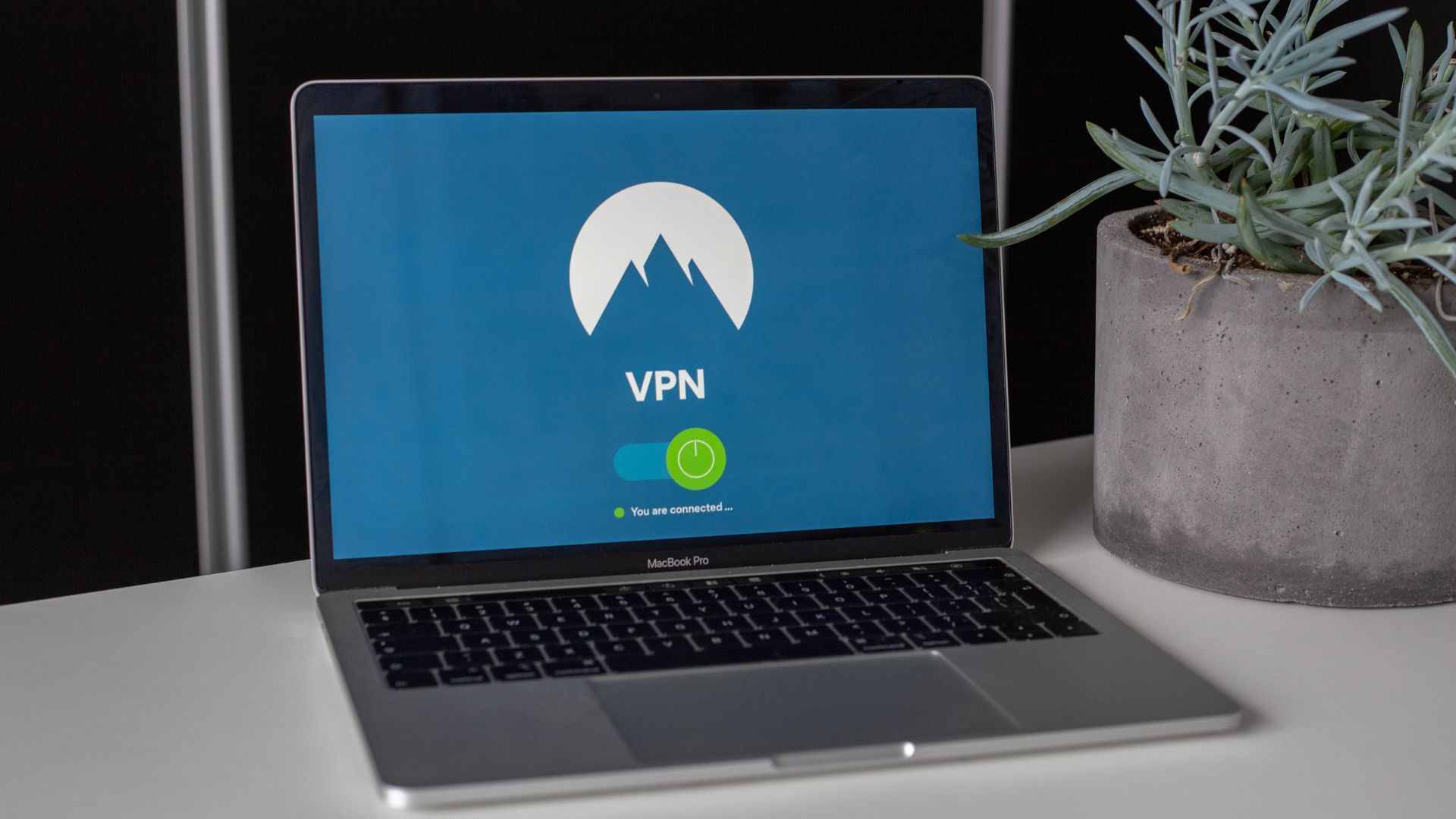
The Benefits of Using Residential Proxies for Online Protection
The internet has never been more popular, with billions of people accessing the world wide web daily. Whether it’s to complete tasks for work or access emails, or to stream movies and learn new hobbies, the internet has become an essential part of our daily life. Yet, as great as the internet may seem, it can also be dangerous. There are numerous threats each time you open your browser or apps. So, how can you stay safe and still visit your favorite websites?
This article looks at some of the online risks you face and tools to protect yourself better. Keep reading to discover how a reliable proxy service like this can protect you while you browse the web.
Online Risks
As we mentioned, billions of people are accessing the internet daily. According to the latest data, approximately 5.07 billion people use the internet daily. This makes the internet the perfect source for anyone who wants to collect information or launch dangerous attacks. Some of the threats you face online include the following:
Privacy Breaches
If you spend a lot of time online, you might share more than you should. Social media platforms, forums, chat rooms and online games are all areas where hackers and cybercriminals can lie in wait.
Personal Data Collection
As more and more companies start valuing personal data, it’s become a lucrative commodity. As such, individuals are using various tools to collect data, such as web scrapers and data mining tools. Unfortunately, not everyone respects boundaries, and some individuals might use these tools to collect your private data even if you think login screens and other measures protect it.
Location Tracking
Location tracking can be beneficial when we use it for directions through Google Maps and similar services. However, if you keep location tracking on or permit other apps to track this data, these companies can see a clear vision of your day-to-day life. They can see what shops you visit, where you buy medicine, what restaurants you frequent and even where you spend the night.
Viruses and Malware
Viruses and malware live on the internet. They can be spread through emails, links, webpages, software downloads and more. You risk accidentally giving these viruses access to your device whenever you visit a new website. Malware comes in many forms, from annoying viruses that slow down your device to serious malware that completely deletes your operating system and files.
Ways to Protect Yourself Online
It may seem scary when you consider all the potential risks, but luckily, there are ways to protect yourself. Let’s take a look at some of those now.
VPN
A VPN or virtual private network encrypts and protects your entire network. VPN also hides the user’s IP, which can be used to track users. A VPN creates a secure tunnel between the user and the website they’re accessing.
Private Browsers
In an effort to give users more privacy online, a few private browsers have been developed. We’re not referring to ‘Incognito’ or ‘Private’ mode, but actual browsers that don’t track users’ history, IP, ISP or other details. An example of such a browser is Tor.
Browser Extensions
There are also numerous browser extensions that you can use to enhance your online protection and privacy further. You can use extensions like Ghostery and Disconnect to block ads, disable trackers and even speed up websites. Alternatively, you can use a tool like HTTPS Everywhere to ensure you only open secure sites.
Use Antivirus and Firewall Protection
Using a high-quality antivirus and firewall is essential if you frequently use the internet. They are recommended even if you use browser extensions. These tools are updated frequently with all the latest developments in malware detection and have a growing database of source code to identify and block any known threats and protect you and your device.
Proxy Service
Enlisting a proxy service is highly recommended. Proxies completely hide and replace your IP address with one from its pool. This means that you have an added layer of protection, as not even your ISP will be able to track your online activity. Not only that, but no hackers can access your system, as they’ll get stuck in the proxy server before ever reaching you.
Why You Should Use Residential Proxies
When it comes to choosing a proxy service, there are many options for different uses. You get proxies for web scraping, sneaker buying, or protecting specific social media platforms. However, if you want to protect all of your online activities, a residential proxy is best. Residential proxies are linked to IPs from real devices. That means when you use one, websites, hackers and other entities wouldn’t even be able to tell the IP address is that of a proxy.
Final Thoughts
The more we use the internet, the more we’re exposed to certain risks. However, if you start using a few different tools, like a proxy service or a private browser, you can ensure your online activities are private and protected.





